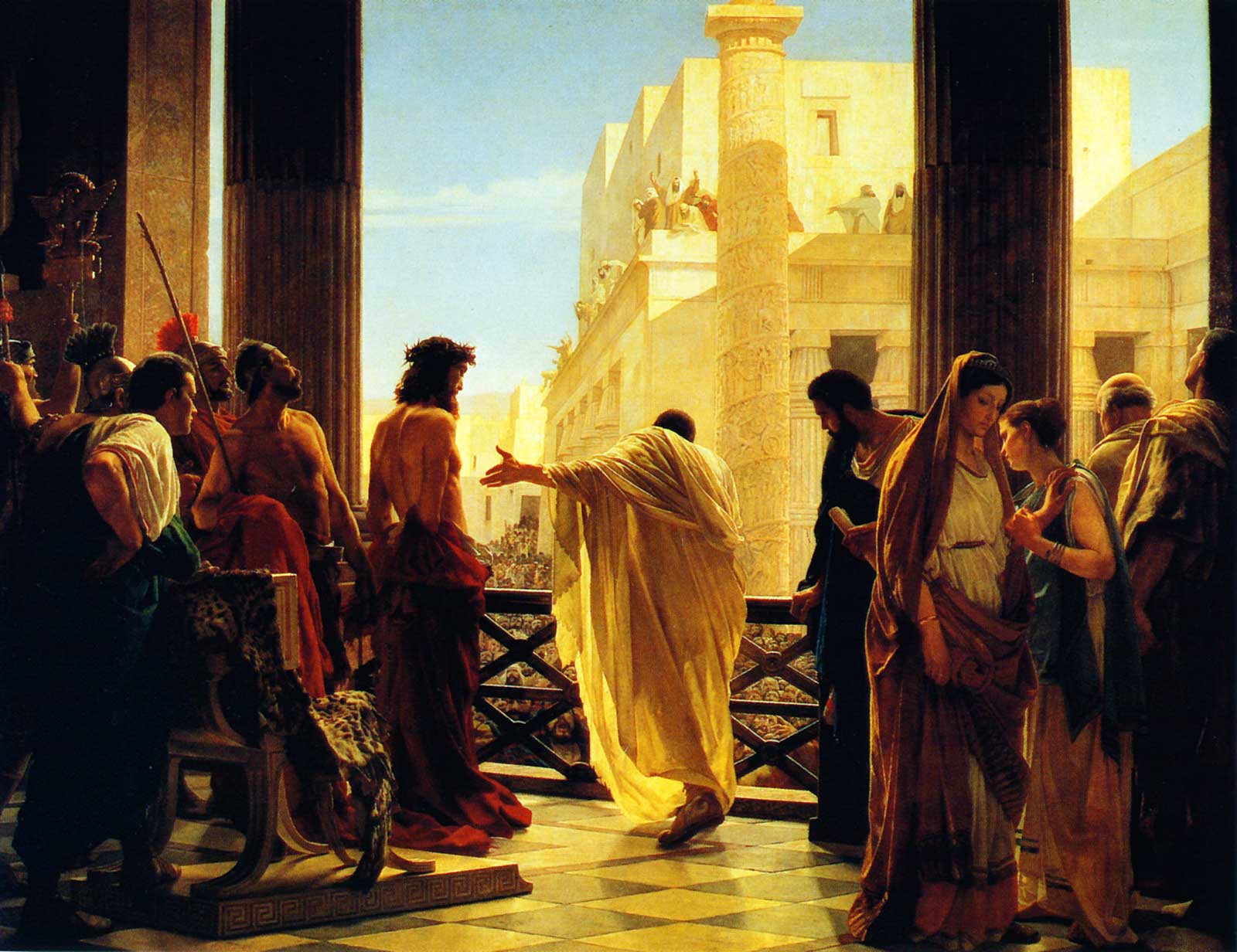
Easter does not answer [the difficult] questions by clever-clever logic. Nor is it irrational. On the contrary, it meets our reason and our hearts together, for it addresses the whole person.
In the past, I have questioned its veracity and suggested that it should not be taken literally. But the more I read the Easter story, the better it seems to fit and apply to the human condition. That, too, is why I now believe in it.
Easter confronts us with a historical event set in time. We are faced with a story of an empty tomb, of a small group of men and women who were at one stage hiding for their lives and at the next were brave enough to face the full judicial persecution of the Roman Empire and proclaim their belief in a risen Christ.
Historians of Roman and Jewish law have argued at length about the details of Jesus's trial - and just how historical the Gospel accounts are.
Anyone who believes in the truth must heed the fine points that such scholars unearth. But at this distance of time, there is never going to be historical evidence one way or the other that could dissolve or sustain faith.
Of course, only hard evidence will satisfy the secularists, but over time and after repeated readings of the story, I've been convinced without it.
And in contrast to those ephemeral pundits of today, I have as my companions in belief such Christians as Dostoevsky, T. S. Eliot, Samuel Johnson and all the saints, known and unknown, throughout the ages.
When that great saint Thomas More, Chancellor of England, was on trial for his life for daring to defy Henry VIII, one of his prosecutors asked him if it did not worry him that he was standing out against all the bishops of England.
He replied: 'My lord, for one bishop of your opinion, I have a hundred saints of mine.'

No comments:
Post a Comment